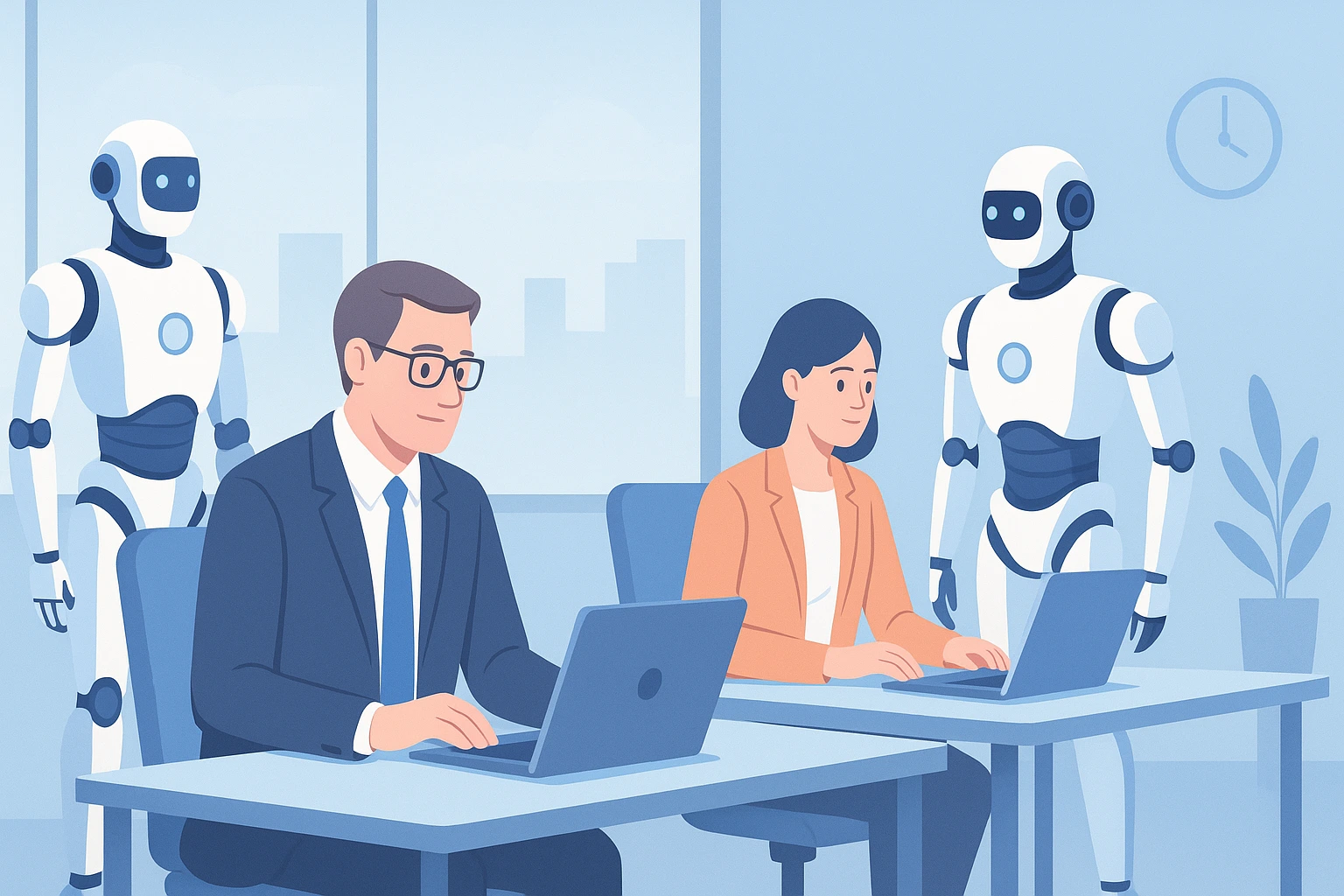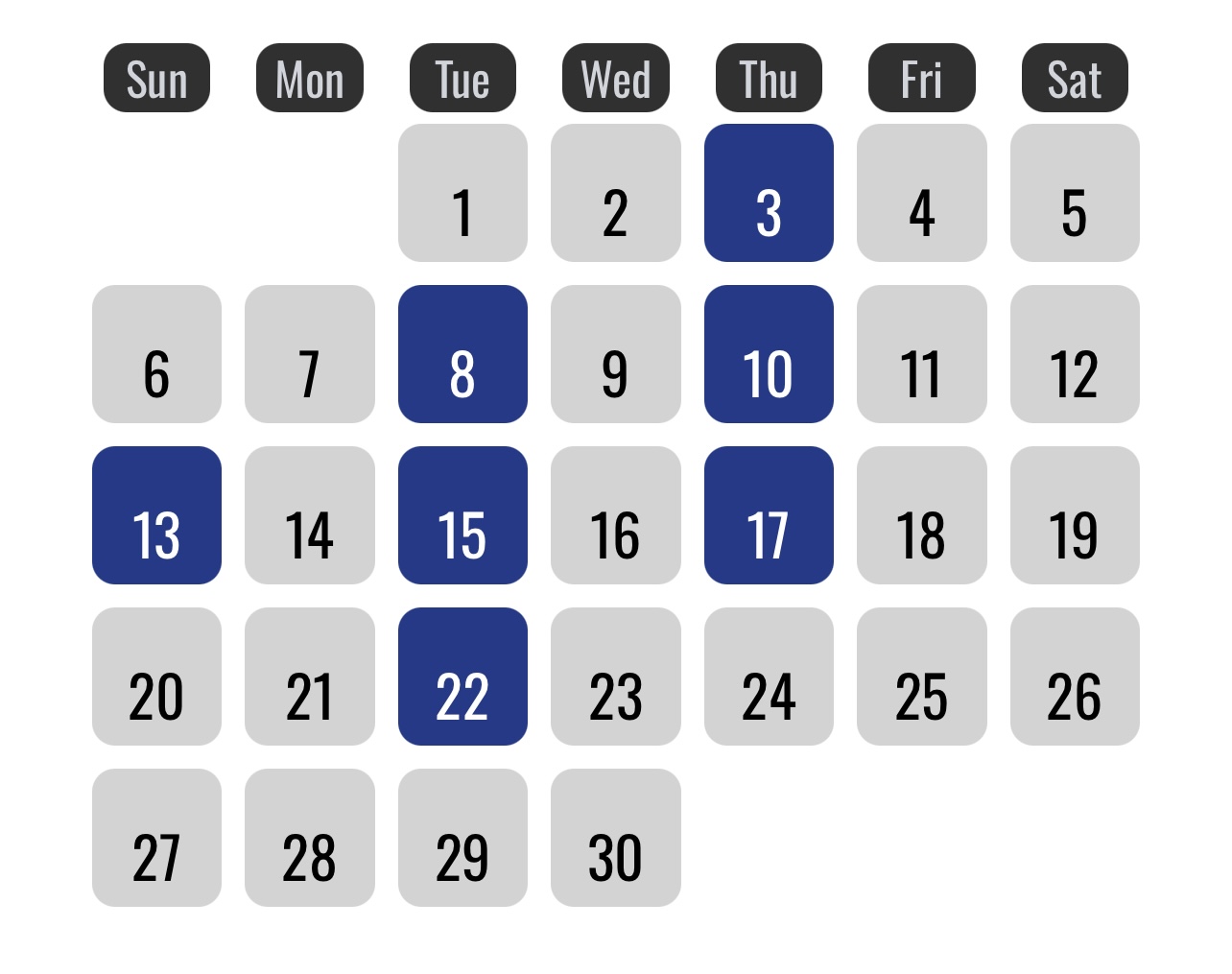Bill Gates Warns AI Could Cut the Workweek to Two Days

By
27 October 2025
Bill Gates recently stated that artificial intelligence could take over most jobs, leaving humans working just two days a week. It’s a statement that has sparked fascination, skepticism, and debate in equal measure. Many in the media and the general public have taken this to mean that a future powered by AI will give us more leisure, more rest, and fewer obligations : a utopian world where humans only work 2–3 days a week while machines handle the rest.
Some news outlets have framed Gates’s comments as idealistic perhaps even overconfident. After all, we’ve heard similar claims before with the rise of industrial automation, the personal computer, and even the internet. Yet, despite every major technological leap, the modern workweek hasn’t exactly shrunk; in some sectors, it has expanded. But Gates’s statement still points toward a direction that feels inevitable. AI will advance. Its adoption, refinement, and integration into everyday workflows are guaranteed. The question is not if, but how.
We are already witnessing this acceleration: startups raising billions, corporate giants integrating AI into everything from logistics to law, and individual professionals automating once-tedious parts of their jobs. The tides have lifted all AI ships, and the current shows no sign of slowing. So yes, perhaps the workweek could shrink to three or even two days. But very few have paused to ask what a reduced workweek will actually look like and who will truly benefit from it.
Dreams of UBI and Self-Sufficiency
Across social media, there’s been a chorus of predictions about what happens when AI “takes all the jobs.” Some suggest a return to self-sufficient lifestyles: growing one’s own food, running small local cooperatives, or depending less on centralized economies. Others propose a Universal Basic Income (UBI): a system in which every citizen receives a fixed sum of money from the government, unconditionally.
UBI has been touted as the ultimate solution to AI-driven unemployment. But as many economists point out, it’s also one of the most politically and financially complex ideas to implement on a global scale. If a two-day workweek sounds idealistic, UBI is even more so. Funding it sustainably, maintaining productivity, and managing inflation are monumental challenges.
And yet, UBI and shorter workweeks are the most commonly discussed ideas when people imagine a future where AI dominates labor. What’s less discussed is the mechanics of how these changes might play out especially under capitalism, where efficiency and profit tend to outweigh human welfare.
The Reality for Corporations and Workers
Let’s take a simple, realistic example.
Imagine a company with 10 employees performing essential tasks. One day, AI becomes capable enough that the same workload can be done with humans working only two days per week. Sounds like a dream, right? But here’s the question:
What does a profit-driven corporation actually do in that scenario?
Does it:
- (a) Keep all 10 employees, let AI handle most of the work, and reduce everyone’s schedule to two days a week with the same pay?
Or - (b) Lay off 5 employees, keep the remaining 5, and use AI to cover the rest of the workload while maintaining the same number of working days and increasing productivity?
If history is any guide, the answer is obvious.
Automation has never consistently reduced work hours across the board; instead, it has reduced headcounts and increased output. From the textile mills of the 1800s to the automation of manufacturing in the 20th century, every major technological leap has resulted in fewer workers doing more work, not the other way around.
So while the dream of a two-day workweek sounds pleasant, the corporate interpretation of that dream is quite different. For companies, AI isn’t a means to give humans rest; it’s a means to cut costs, increase efficiency, and maximize profit margins.
The Economic Paradox
When corporations fire workers, they aren’t just reducing payroll; they’re also reducing consumers. The same people who get laid off are the ones who buy products, pay for services, and keep the economy running. If AI-driven automation leads to widespread unemployment, who exactly will have the money to buy what AI produces?
This paradox has existed since the dawn of industrial capitalism but becomes sharper in the age of AI. If productivity skyrockets but purchasing power collapses, the entire system risks imploding from within. There will be efficiency, but no demand; abundance, but no buyers.
This is why Gates’s comment, though futuristic in tone, raises very present-day concerns. If AI can truly replace most human labor, the question shifts from how we work to how society distributes wealth and opportunity in a world where human labor is no longer the core of the economy.
The Need for Regulation and Forward-Thinking Policy
The focus shouldn’t merely be on controlling AI’s capabilities: regulating its training data, ethics, or use in warfare but also on ensuring minimum employment guarantees and economic stability for the displaced. Policies could mandate a minimum employment period or provide wage subsidies for part-time workers displaced by automation.
Without such intervention, the AI future could deepen the divide between the few who control AI infrastructure and the many who depend on its output. A true two-day workweek, one that benefits both the worker and the economy, can only exist if labor protection laws evolve alongside technology.
Because if history repeats itself, the so-called “AI revolution” will not make everyone’s life easier, it will just make fewer people richer and many people redundant.
Bill Gates may be right about AI reshaping the workweek, but the shape it takes will depend on policy, not technology. AI doesn’t have moral judgment; it doesn’t decide whether to give humans rest or redundancy, we humans do.
So the real challenge of the coming decades isn’t building smarter machines. It’s building fairer systems that ensure when machines take over most of the work, humanity still has a meaningful, secure, and dignified place in the economy.

Pavithran is a software developer based in Bengaluru, passionate about web development. He’s also an avid reader of SF&F fiction, comics, and graphic novels. Outside of work, he enjoys curating inspirations, engaging in literary discussions and crawling through Reddit for more mods to add in his frequent playthroughs of The Elder Scrolls V: Skyrim.

EXPLORE



